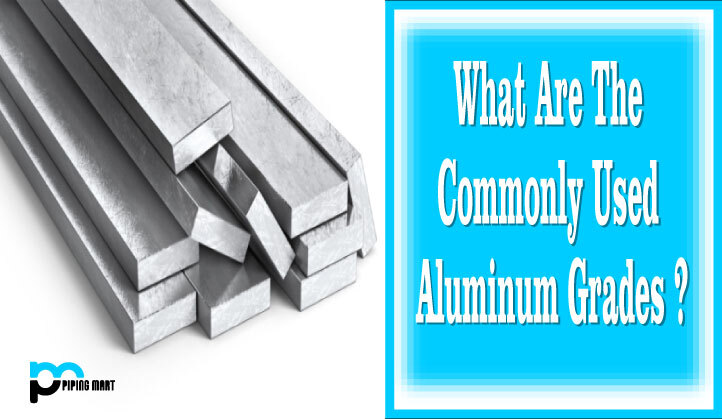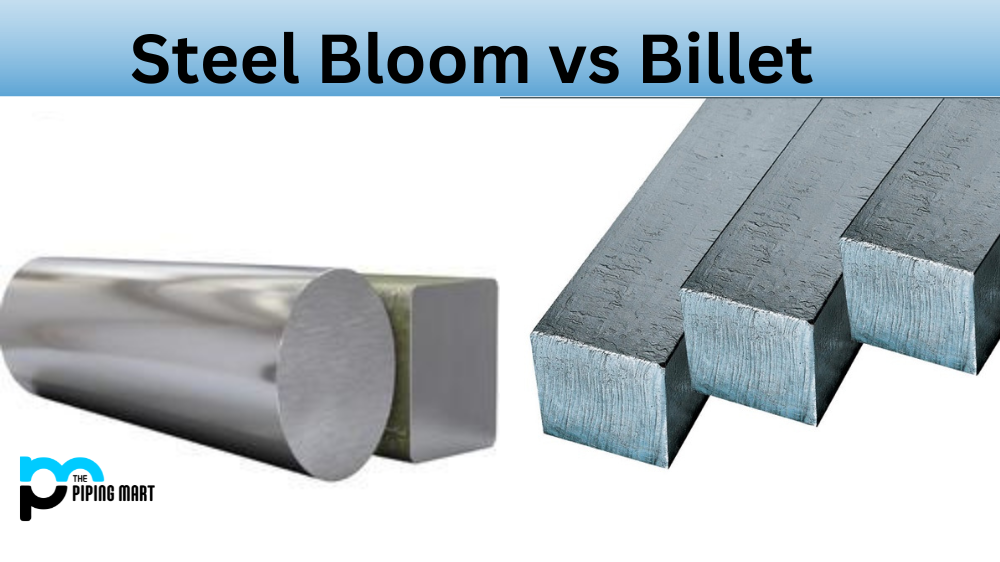There is possibly no application that does not have at least a fragment of aluminum in its structure.
Par ferrous, aluminum is the most widely used metal throughout the world and is also the most abundant metal on earth. This increased demand and supply chain of aluminum means a number of grades to choose from.
This can be mind-boggling at times! But for your convenience, we have listed down tips, tricks, and different aluminum grades based on which one matches which purpose.
Before delving into the different grades of aluminum available in the market, it’s important to know exactly which property you desire the grade to have.
Here is a list of some properties, now, it is important for you to choose the order in which you prioritize the properties:
- Strength
- Corrosion Resistance
- Weldability
- Adaptability
- Heat Treating Ability
- Machining
- General Applications
It is important to note here that different grades of aluminum have different extents of the above-mentioned properties. There is no alloy that displays all the properties with utmost perfection, therefore, listing down the properties in a prioritizing manner is a very essential step.
Aluminum has a number of different grades which differ from one another based on the percentage of different alloying elements present in them. Predominantly, however, there are 2 major types of aluminum, Cast Aluminum alloys, and Wrought Aluminum Alloys. In Cast Aluminum alloys, the percentage of alloying elements is more than 22% and in the case of wrought aluminum, the percentage reduces to less than or equal to 4%. The different percentage of the alloying elements mentioned above plays an important role in determining the properties of the aluminum grade. It’s time now to have a look at different grades of aluminum and the properties of each:
- Alloy 3003: This grade is one of the most widely used aluminum grades. When commercially pure aluminum is mixed with manganese, we get Alloy 3003 with enhanced strength and formability. It also possesses excellent corrosion resistance properties and can be easily spun or brazed.
- Alloy 6061: Having excellent corrosion resistance and physical properties, the alloy 6061 grade is very adaptable. This grade is used in many applications because of its strength and great qualities. The alloy grade can also forget at higher temperatures without deforming it, because of its heat-treating property.
- Alloy 5052: Used in seawater and marine applications, the alloy 5052 exhibits corrosion resistance against liquids and industrial solvents. This alloy, however, is not treatable which means it is hardened through increased stress. It also shows a lower tendency to fatigue and shows good strength.
- Alloy 2014: Having good machinability, grade 2014 aluminum alloy has excellent strength and can be cold worked. Aerospace structures and truck frames are manufactured using this grade.
- Alloy 2024: Containing copper as a major alloying element, 2024 alloy is known for its robust strength. The higher percentage of copper in the alloy accounts for higher resistance against corrosion. It displays good heat treating property which makes it highly weldable. The fatigue strength and the tensile strength of this grade is greater than many other grades, which indicates its outstanding mechanical properties. The alloy can be easily machined and has decent workability. It has been actively used in gears, cylinders, aircraft parts, etc.
- Alloy 2011: It is known for its superior machining ability which allows it to be processed into detailed forms and structures. The corrosion resistance of this alloy, however, is quite poor and it has lower weldability, making it unsuitable for heat treatment. Alloy 2011 found applications in automotive trim, fasteners, and fittings.
- Alloy 1100: This alloy grade is considered to be commercially pure aluminum and comes from the wrought category. Known for its strength, this grade is the strongest among other 1000’s. The corrosion resistance of this grade alloy is commendable which makes it useful in chemical industries. Alloy 1100 is not recommended for heat treatment, however, it can be easily employed at lower temperatures due to its ductility at annealed temper. Because of its stability and corrosion resistance, this alloy-grade aluminum is used to produce cooking utensils, giftware, heat exchanger, etc.
- Alloy 7075: This zinc-based alloy contains zinc as the primary alloying element, apart from aluminum. This alloy is known to be the strongest aluminum grade alloy in the market. The strength of the alloy makes it stable and allows it to resist deformation even in the most stressful conditions. It also possesses higher values of tensile strength and fatigue strength, making it an absolute favorite, when stressful applications are concerned. However, the 7075 grade is susceptible to corrosion because of its low content of copper. Its low density, high strength, and good fatigue strength are employed in aerospace applications and missile parts.
The above-mentioned grades have been picked as the best grades available in the market, out of the several other grades. We hope that all the properties and applications mentioned must have made it a little easier and clearer for you to choose the aluminum grade fit for your purpose.

Pipingmart is B2B portal specializes in industrial, metal and piping products. Also, share latest information and news related to products, materials and different types grades to help business dealing in this industry.




